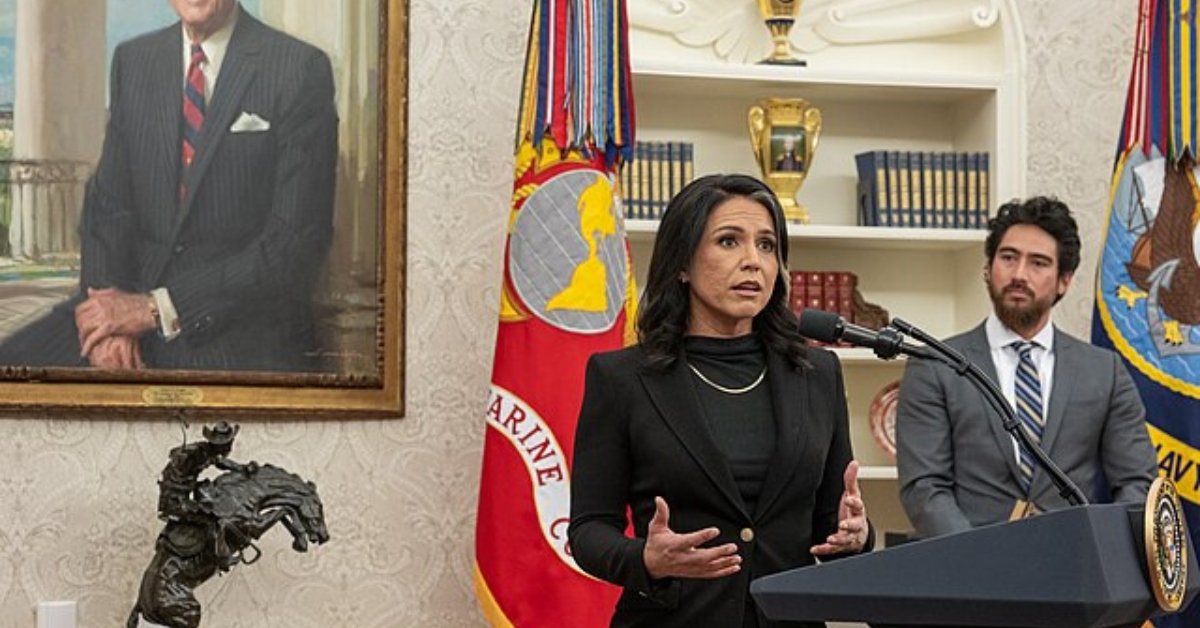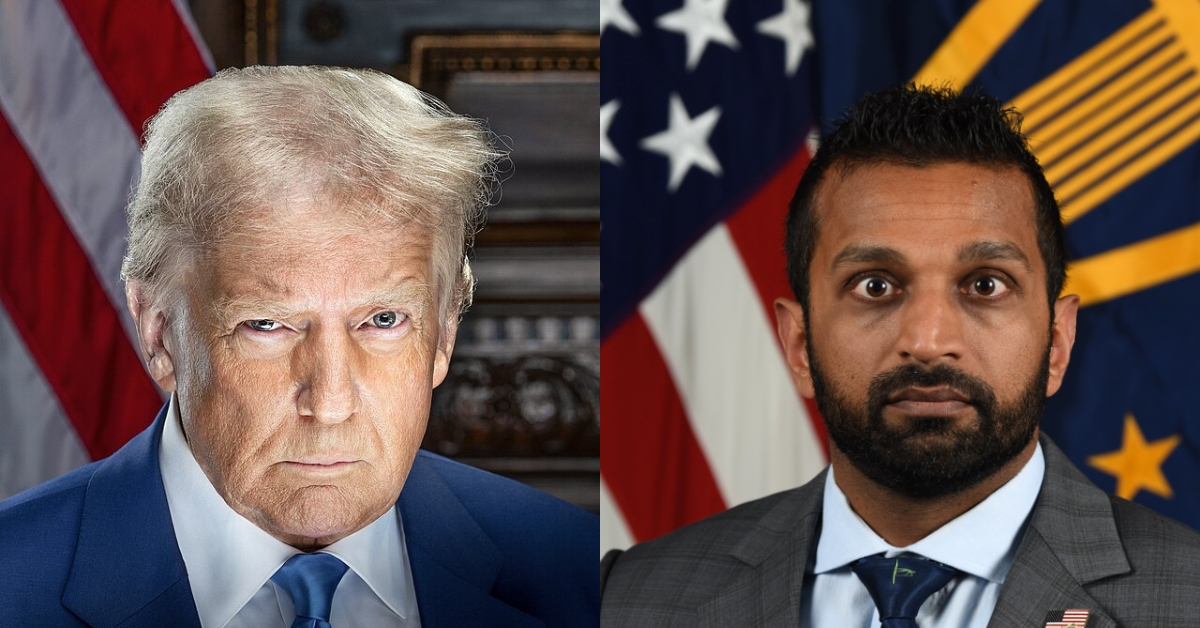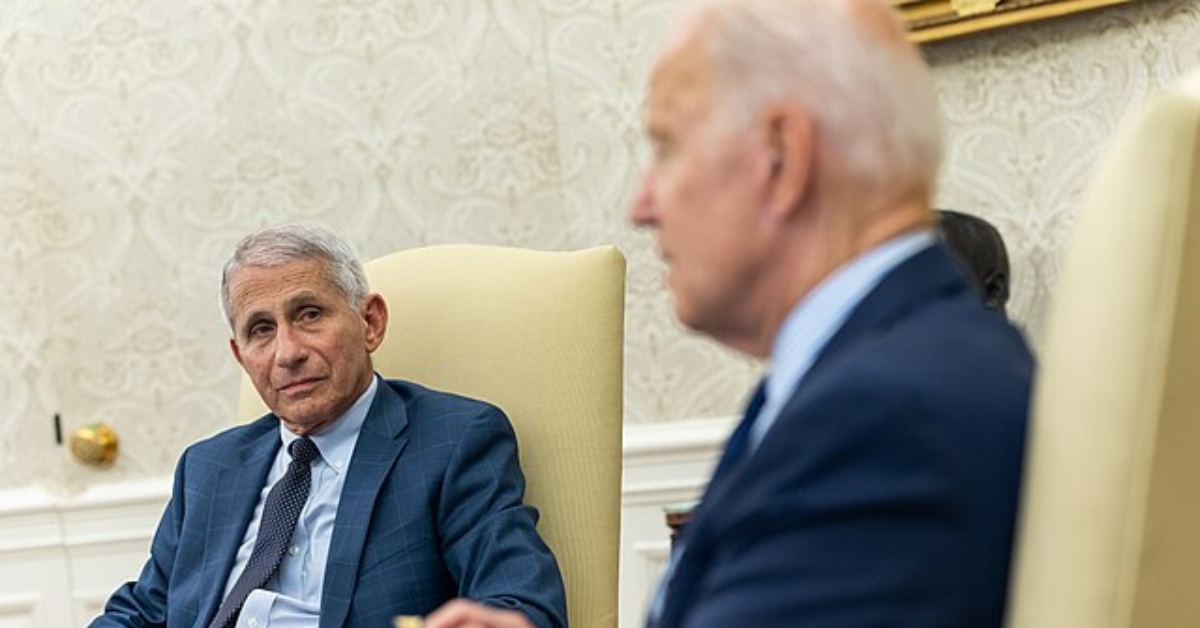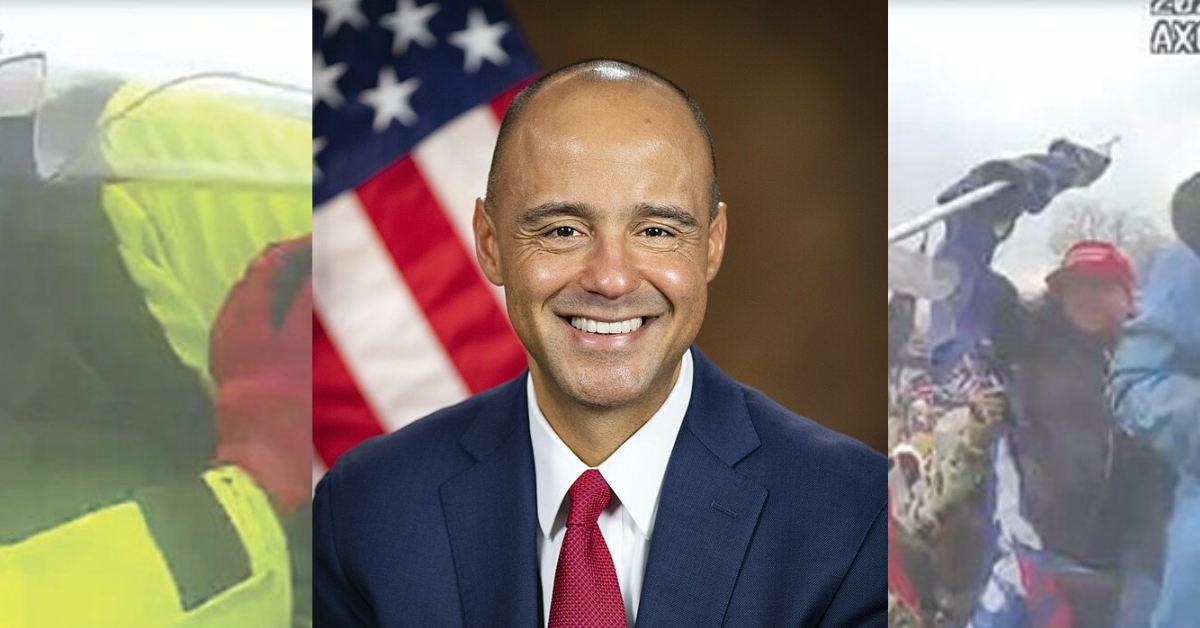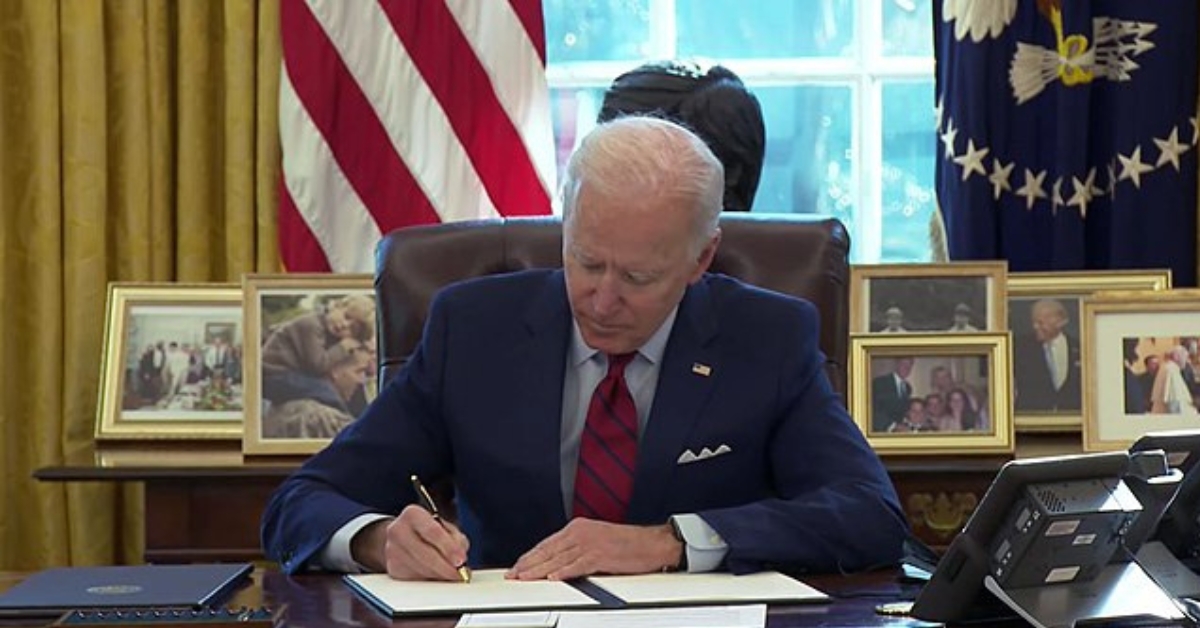
Maryland Gun Rights Protesters Take Fight for Rights to Supreme Court
In a significant case, Second Amendment activists from Maryland are appealing to the U.S. Supreme Court to address concerns related to both qualified immunity for police and the public’s right to record police actions in public spaces. The case, stemming from the arrest of two protesters outside Maryland’s State House, strikes at the core of citizens’ constitutional rights.
Qualified immunity, a legal doctrine that shields police officers from personal liability, is at the center of the debate. Activists and plaintiffs argue that this doctrine has been abused, excusing police misconduct, and must be reconsidered by the Supreme Court. While the doctrine serves a purpose in protecting officers acting in good faith, there are concerns that it is applied too broadly, allowing some officers to escape accountability.
Additionally, the case addresses the right to record police activities in public, which is a matter of the First Amendment. The U.S. Supreme Court has previously upheld the right to gather information about public matters, including recording law enforcement activities. However, the 4th Circuit, which includes Maryland, has not made a definitive ruling on this issue.
This case is a part of a broader trend where several federal circuit courts of appeals have affirmed the public’s right to record on-duty police officers, emphasizing the importance of transparency and police accountability. These recordings often play a crucial role in holding law enforcement officers accountable for their actions.
The petitioners are seeking to limit qualified immunity for police officers and obtain a Supreme Court ruling that clearly supports the right to record police actions in public spaces. They argue that the 4th Circuit’s lack of a definitive stance on these issues perpetuates the uncertainty around citizens’ rights.
If the Supreme Court decides to hear this case, it could have a profound impact on the nation’s legal landscape regarding police accountability and citizens’ right to document police activities. Given the growing trend toward allowing public recordings, many hope the Court will make a definitive statement on these matters. The U.S. Supreme Court is expected to respond to the appeal within 30 days, with the possibility of a 30-day extension.
The case originates from an incident five years ago when two brothers, members of a Second Amendment advocacy group, were arrested during a peaceful protest on a public sidewalk outside Maryland’s State House. These arrests raised concerns about the proper application of qualified immunity and the citizens’ right to document their interactions with law enforcement.
While the case does not directly involve gun rights, it underscores the broader issues of individual freedoms, the right to peacefully assemble, and the public’s ability to hold law enforcement accountable for their actions. This case has the potential to clarify their scope and protect them from abuse.
In this era of increased focus on police transparency and accountability, the Supreme Court‘s decision on this case will be closely watched. It will help determine the balance between ensuring the safety of police officers while preserving the rights of citizens to document their interactions with law enforcement, a critical aspect of our democratic society.
